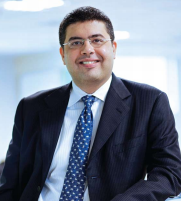Live dealer titles have revolutionized the online casino environment by offering an engaging encounter that combines the convenience of online gaming with the genuineness of a physical casino. Since their debut in the early 2010s, these options have gained huge fame, with a twenty twenty-three analysis from Statista indicating that the live dealer category is projected to increase by twenty-five percent annually.
One notable figure in this evolution is Martin Carlesund, the CEO of Evolution Gaming, a top provider of live casino offerings. His vision has been instrumental in influencing the field, and you can learn more about his views on his Twitter profile.
In twenty twenty-two, the Venetian Resort in Las Vegas increased its services by introducing a state-of-the-art live dealer environment, allowing players to connect with real dealers from the ease of their houses. This innovation not only enhances player engagement but also closes the divide between online and land-based play. For more details on the rise of live dealer games, visit The New York Times.
Live dealer options use sophisticated streaming technology to provide premium video feeds, ensuring that players can engage with dealers in live time. This interactivity cultivates a communal atmosphere, making the gaming interaction more fun. Additionally, many services now present mobile-friendly adaptations of these games, allowing players to experience live gaming on the move. You can investigate a platform employing these systems at пинко казино .
As the desire for live dealer games continues to rise, casinos must concentrate on providing a smooth interaction. This comprises allocating in high-quality gear and confirming that dealers are properly trained to engage with players successfully. By prioritizing these factors, casinos can boost player satisfaction and fidelity in an ever more fierce market.
